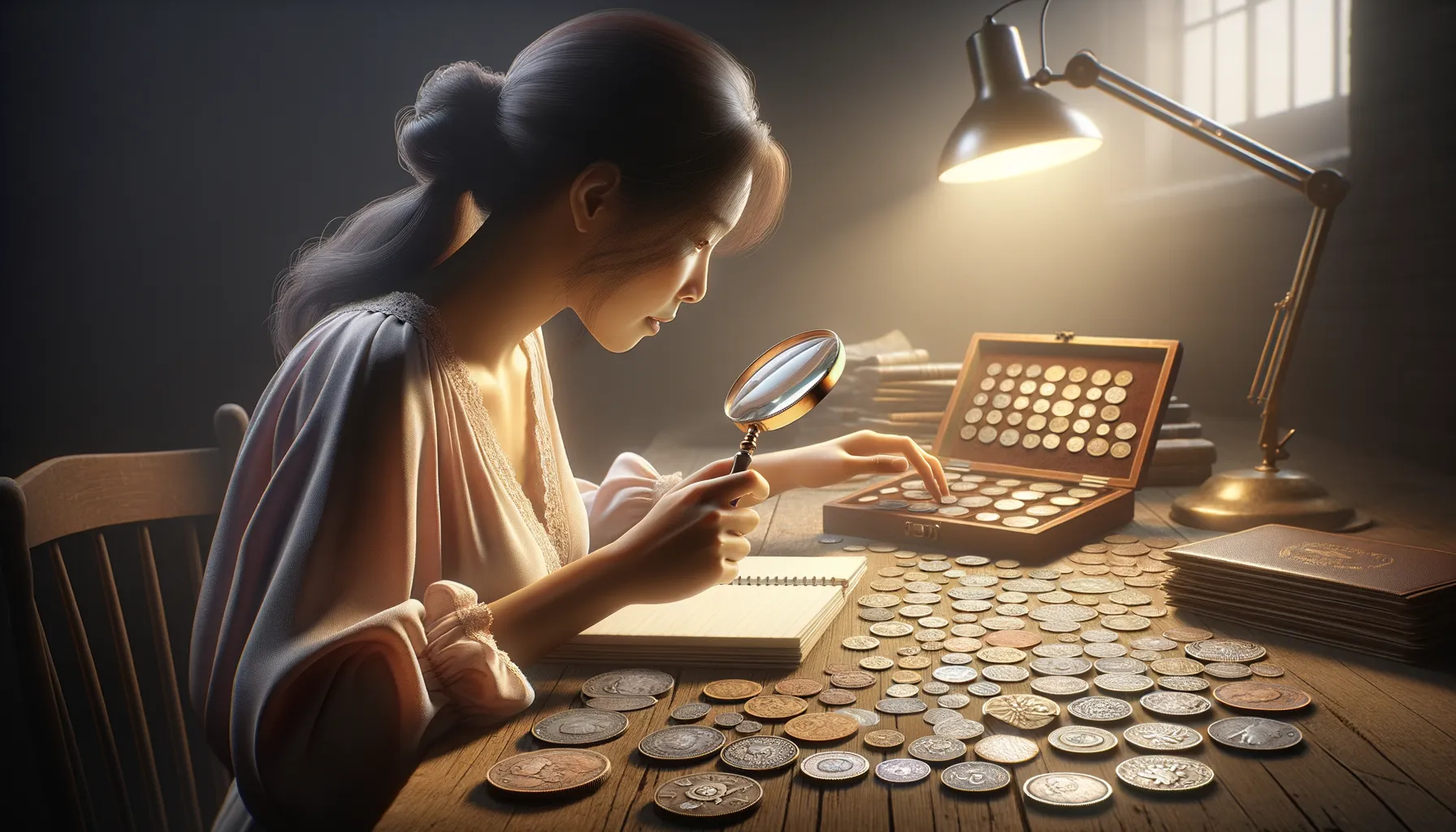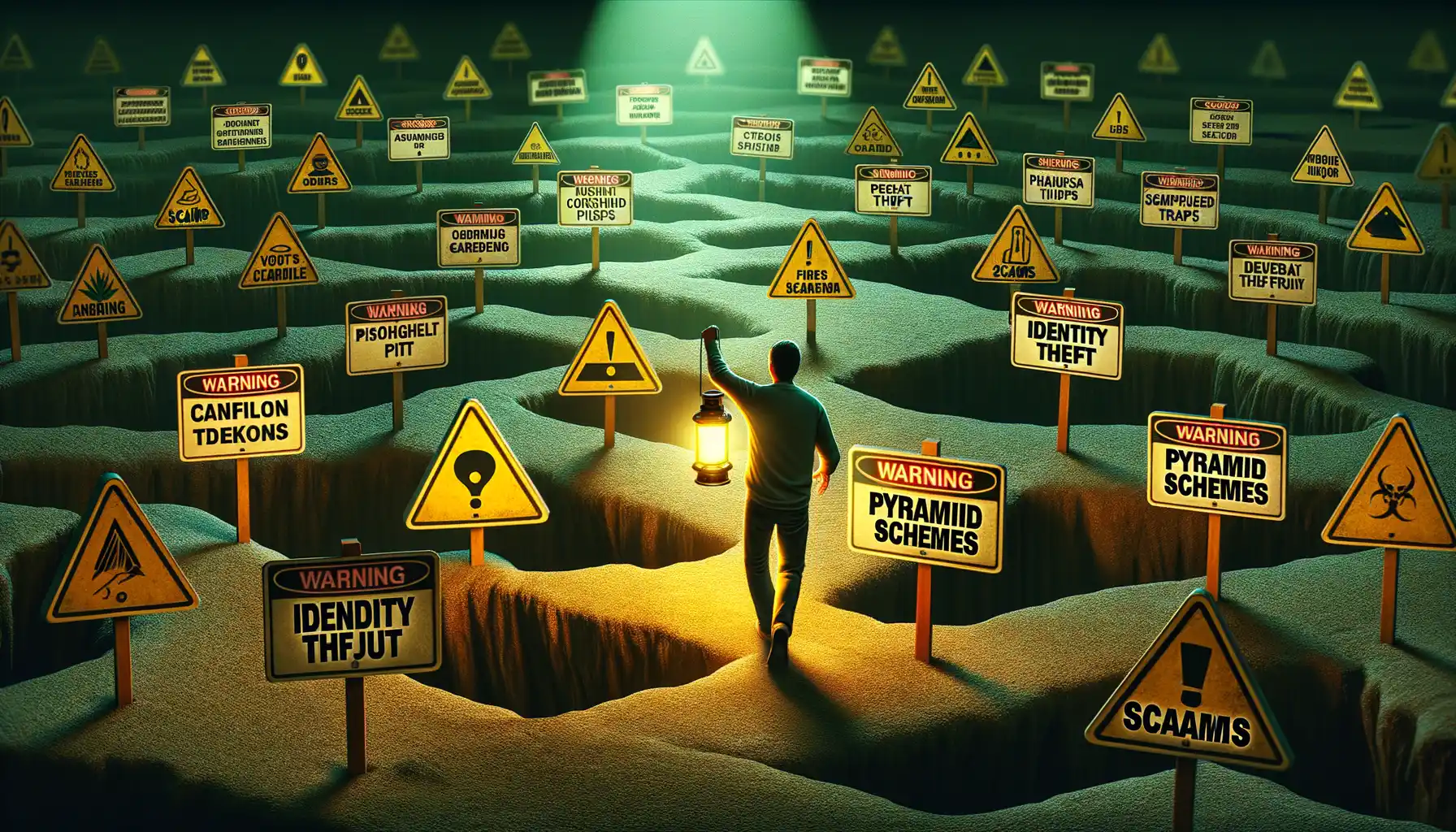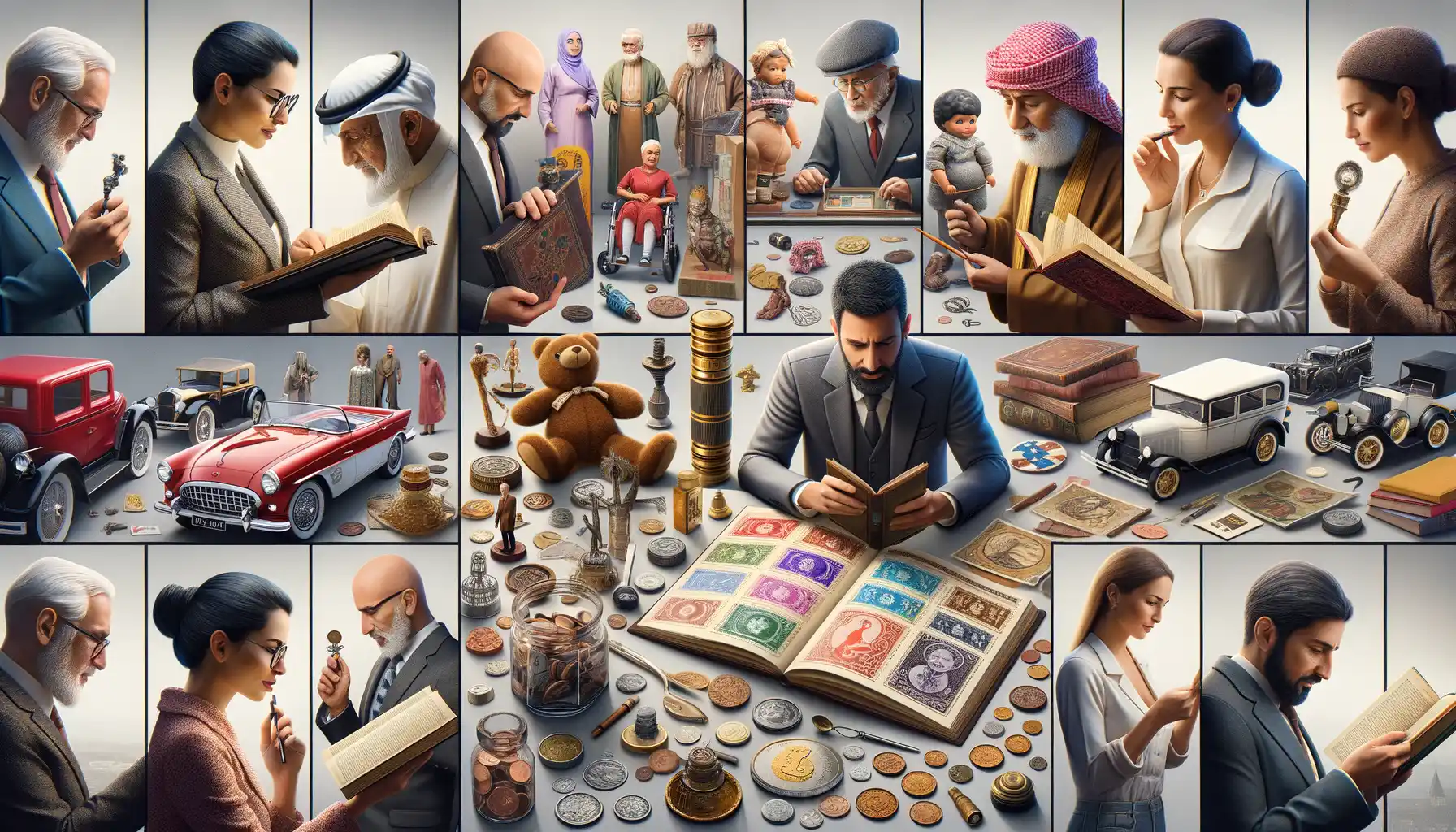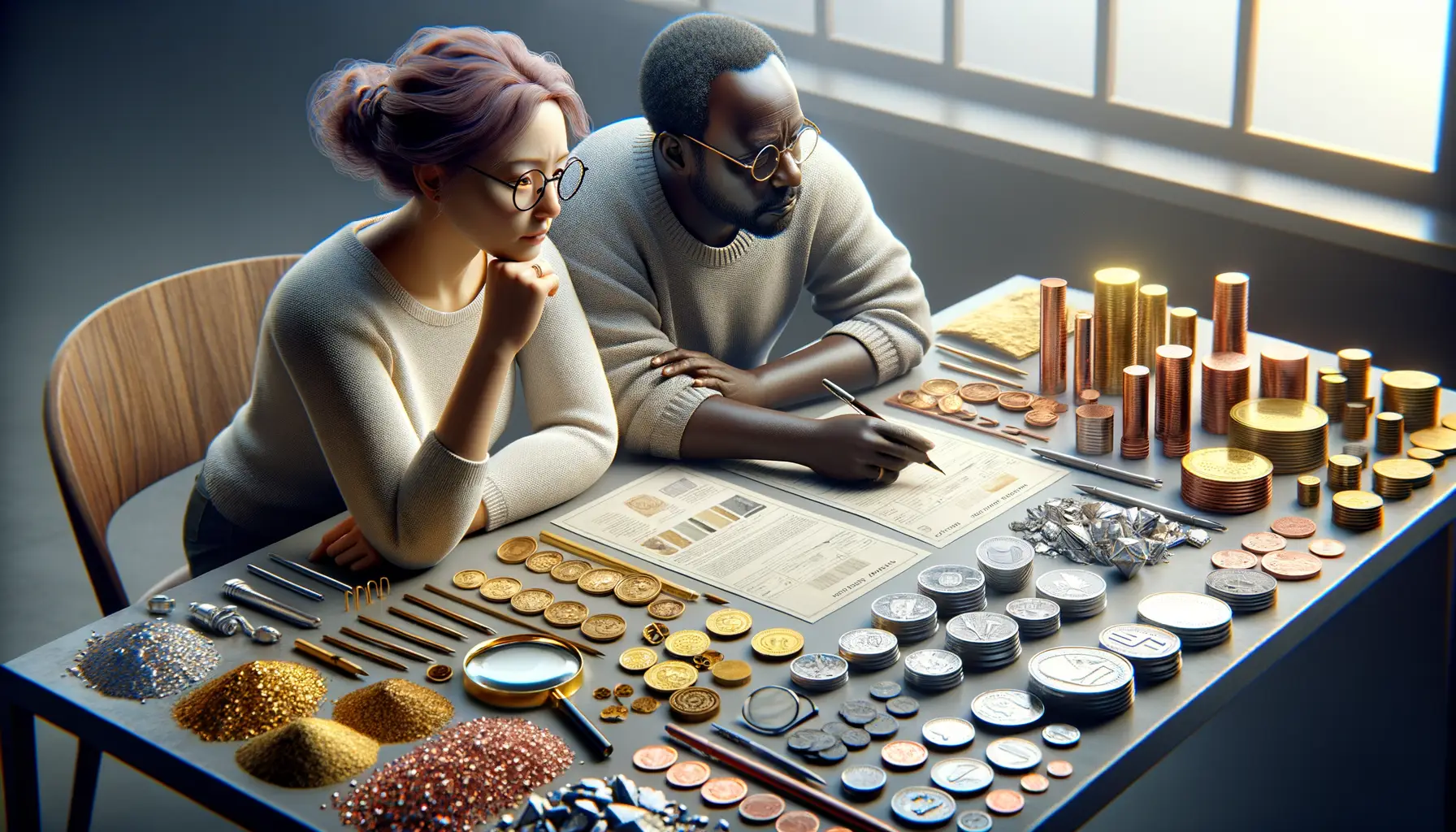Understanding the Coin Market and Its Value
Unlocking the Mysteries of Coin Value
The coin market is like an intricate puzzle—every piece matters, and no two coins are exactly alike. Coins aren’t just pieces of metal; they’re whispers from the past, holding memories of kings, revolutions, and economies long gone. But how do you figure out their worth? That’s where things get fascinating!
A coin’s value isn’t just about its age or rarity (though those help a lot). Collectors look for a mix of factors:
- Condition: Is your coin scratched and worn, or does it shine with clear details?
- Mintage: How many of these coins were made? Fewer numbers often mean a higher price.
- Demand: Some coins create a frenzy among collectors simply because everyone wants them!
Did you know that even tiny minting errors, like an off-center strike or a missing detail, can ignite a bidding war? Coins like this are collector gold! So, whether you’re holding a polished Morgan Dollar or a well-loved penny, understanding its story unlocks its true market potential.
The Importance of Market Timing
Timing is everything. The coin market ebbs and flows like the tide, influenced by trends, economic conditions, and even cultural events. For instance, when a popular historical movie or show airs, interest in related coins often spikes. Similarly, a surge in gold or silver prices can make bullion coins (like American Eagles) highly sought after.
Here’s the kicker: selling during a hot moment can boost your profits significantly. However, patience can also be your greatest ally. If the market feels quiet now, remember—it only takes one eager collector to turn the tables in your favor!
Preparing Your Coins for Sale

Dust Off the Treasure Chest
Selling coins is like showcasing hidden treasures—the more dazzling they look, the higher the chance someone will fall in love with them. Start by giving those coins a gentle cleaning… but hold on! Don’t go scrubbing away with abrasive cleaners or polishing agents. Trust me, some collectors want that natural patina; it tells a story. Simply use a soft cloth or rinse them gently in lukewarm water if they’re dirty. Avoid overhandling—your fingers have oils that can affect the surface over time. Gloves are your best friend here.
Organize and Research Like a Pro
Before you start snapping photos for potential buyers, take a step back and get organized. Imagine walking into a library where all the books are just dumped in piles—not appealing, right? Similarly:
- Sort coins by type, denomination, year, or theme.
- Label each coin with its basic details (and even add historical notes if you know them).
Hungry for knowledge? Dive into a coin catalog or online forums. Identifying exact values isn’t just fun—it’s essential to avoid underselling your gems. Someone out there is searching for exactly what you have!
Choosing the Best Selling Platform

Where Coins Find Their Perfect Buyers
When it comes to selling your coins, choosing the right platform can feel like finding the perfect mate—it needs to tick all the boxes. Each platform has its own personality and quirks, so here’s where you get picky (and rightly so!).
Are you looking for a bustling marketplace where demand is sky-high? Online auction sites like eBay or Heritage Auctions could be your goldmine. But remember, they come with fees and fierce competition. If patience isn’t your strength, you might prefer platforms like direct marketplaces (think Facebook groups or specialized forums) where collectors meet sellers. These often have lower transaction costs but require trust and a good eye to avoid scams.
For those clinging to the charm of face-to-face exchanges, coin shops are your allies. Walk in with confidence, but don’t shy away from negotiation—their first offer may not be their best!
- For rare or high-value coins: Consider professional auction houses where pros handle all the tricky details.
- For smaller collections: Online platforms or local dealers might be your quickest route to a sale.
Think of this step as matchmaking. Your goal? To find the sweet spot where your coins meet eager hands and fair prices.
Negotiating and Closing the Sale

Mastering the Art of the Deal
You’ve made it this far—your coins are ready, the platform is chosen, and now comes the adrenaline-filled moment: negotiating. This is where your ability to read people becomes just as valuable as the coin you’re selling. Think of it like a chess game; every move matters.
First, know your numbers. If you have a clear understanding of your coin’s worth, you’ll exude confidence, and buyers respect that. When someone throws out a lowball offer, counter it calmly—never with frustration. A polite but firm, “I believe this coin’s value aligns better with [insert range], considering its rarity and grade,” can work wonders.
Here’s a quick tip: Let silence do the talking. It might feel awkward, but pausing after your counteroffer creates space for the other party to reconsider their stance.
- Be prepared to walk away if the deal feels unfair—scarcity is on your side!
- Ask questions like, “What appeals to you about this coin?”
- Highlight unique features: “This design is an exceptional example of [specific detail].”
Closing the sale should feel like wrapping up a successful adventure. Always confirm payment terms clearly—don’t leave room for misunderstandings. And most importantly? Celebrate. Selling a coin isn’t just business; it’s trading a piece of history.
Avoiding Common Pitfalls and Scams

Spot the Red Flags Before You Regret It
Selling your coins can feel like navigating a jungle—you might be excited, but there are traps lurking in the shadows. Scammers and pitfalls are waiting for just one misstep, so staying alert is absolutely essential.
First, beware of buyers or platforms that seem *too good to be true*. A random stranger offering double the market value for your coins? Sounds tempting, right? But trust me: this fairy-tale usually ends with *your* money—or coins—vanishing into thin air. Stick to well-reviewed, secure platforms or verified buyers.
And let’s talk about those “free appraisals.” Some scammers pose as legitimate dealers, only to lowball you after a quick glance at your collection. Always research an appraiser’s reputation before handing over your treasures!
Remember, knowledge is power. Keep your guard up, trust your instincts, and don’t let greed cloud your judgment!




